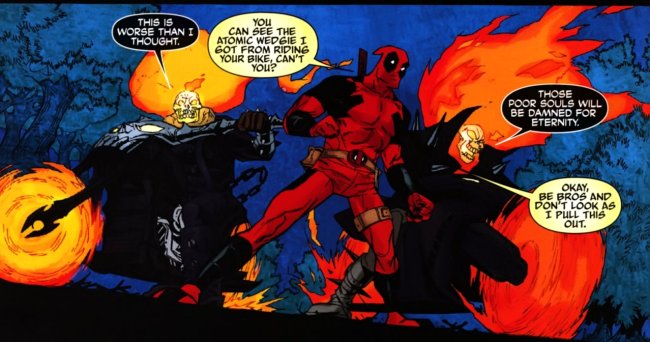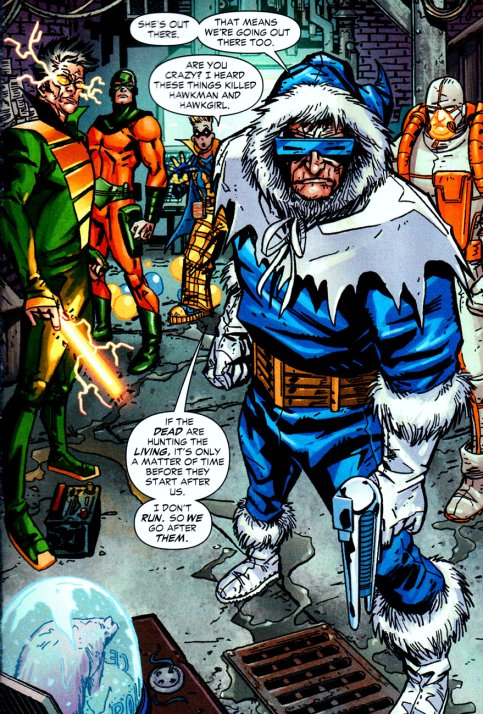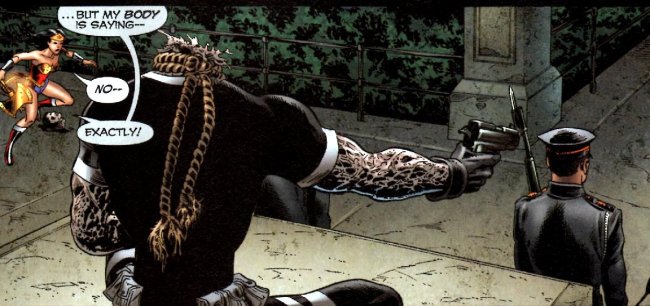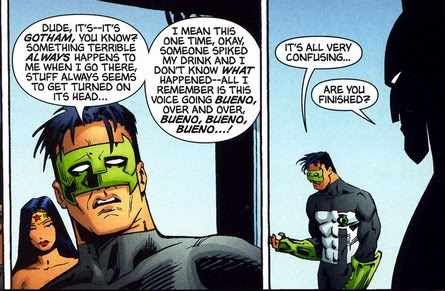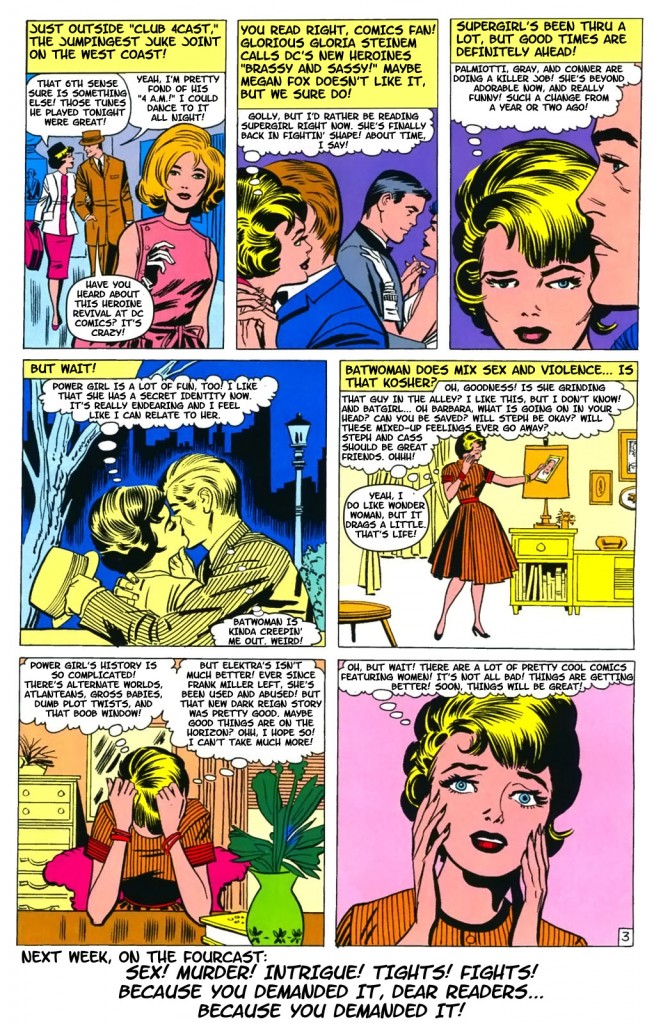I was thinking today about Diana and Stephanie, the two female characters whose comics I buy. Diana, Wonder Woman, is perfect. The embodiment of compassion, strength, honor, bravery, and beauty, she’s a princess and a warrior and an ambassador. Despite her iconic status, and the fact that she’s had an ongoing comic for the better part of a century, female fan interest in her has only recently heated up – due to Gail Simone’s decision to write her comic.
Stephanie, Spoiler/Robin/Batgirl/Who’sNext?, is decidedly not perfect. A perpetual screw-up, she’s earned both my and general female fandom’s accolades by picking herself up, dusting herself off, and starting all over again. It’s possible that her moment of greatest popularity was after her death.
While it’s normal for fans of any gender to decry a comics character’s death while pretty much ignoring their life, I wonder if something extra is at work, here, especially when I think of other media. Most TV shows and movies about female characters are about the adorable main character trying to get her life together. She’s clumsy, and awkward, but tries so hard.
And she’s at war, usually, with the ultra-perfect glamazon who is after her job/man/scholarship/position in society/what’s next? I hate that dynamic because it has always been, in my experience, false. What’s more, it embraces the values it supposedly abhors. Whether it favors the popular girl or the outsider (And who are we kidding? Like any show, book or movie in the last fifty years hasn’t sung the praises of the noble outsider), it still villifies one segment of the population for, basically, having different values, tastes or interests. Still, I wonder if, no matter how I resist it, it’s at work in me, or at work in many women.
While media that sings the praises of the powerful man (The Sopranos, The Tudors, Kings, etc.), the brilliant man (Law & Order: Criminal Intent, CSI Miami, House, Monk), or simply the eccenric or egotistical man (Dexter, House again, Nip/Tuck) do well, women are always given a heroine they can relate to not one that they feel they have to compete with, and certainly not one they feel they’d lose out to.
Even in shows like Buffy the Vampire Slayer, the heroine is usual beset with troubles and struggling, instead of blowing everyone away with her strength and brilliance. Buffy, the mystical chosen one, is always one step away from getting kicked out of school. House, the doctor who can’t be assed to restrain his own bad behavior, finds out that his supervisor has budgeted in lawsuit money for the various patients who sue him because he is just that good.
Is this about what’s offered to women? Is it about what’s taught? (Tina Fey’s movie, Mean Girls, was hailed as an insightful satire about teenage girls. It had a group called ‘The Plastics’. We never had groups like that in my school, but how many movies can you watch before you develop an attitude of ‘it’s us versus them’.) Is it just my lopsided view of pop-culture?
In the end, girls and women are given many examples of heroines about winning out when odds are against them (just as men are) but relatively few examples of just plain winners.



